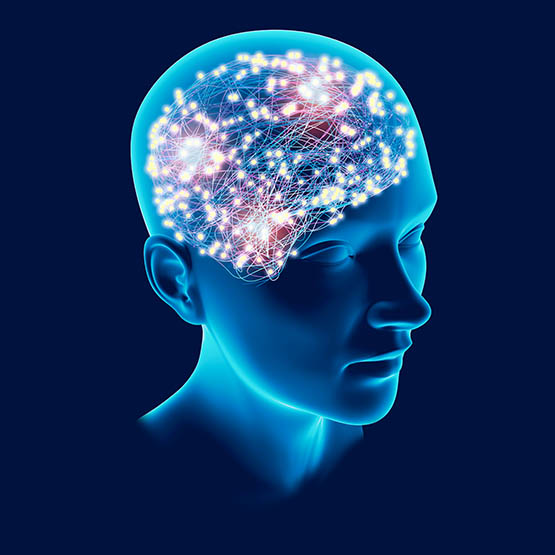


BrainWorking Recursive Therapy was created by a therapist, Terence Watts. It's a new and innovative concept of psychotherapy, completely unlike anything that came before it. BrianWorking Recursive Therapy uses natural psychological processes to recondition neural pathways in the brain that lead to unwanted behaviour or thoughts.
By stopping and rerouting the brain’s natural response to anything traumatic or not understood in its tracks, BrianWorking Recursive Therapy can help prevent the negative outward symptoms of conditions like anxiety and depression. The technique uses no devices or medication; it simply involves a patient and a therapist talking – just like many other forms of therapy.
If you’ve had any kind of therapy or counselling session, you’ll know it can sometimes be awkward, frustrating or even traumatic, as your brain mulls over problems, past and present.
With BrianWorking Recursive Therapy, you don’t need to discuss the cause or root of the problem in much detail at all, making the experience a lot more comfortable.
A BrianWorking Recursive Therapy session usually takes around an hour. During the session, Dr Armstrong will ask you to focus on the thing you don’t like about how you’re behaving and feeling and shift your focus to how you would rather feel.
Essentially you will freeze the response before it goes past your limbic part of your brain – rather than letting the action or emotion form.
Acting at this crucial, innate position in your brain, BrianWorking Recursive Therapy allows you to create a more empowering – but still realistic reaction, replacing those older fears or insecurities. It takes that false, scared or limited personality away and trades it with who you really want to be. In essence, it’s a natural and practical form of therapy, and the best thing is, the change comes completely from within you.
HELPFUL INFORMATION LINKS